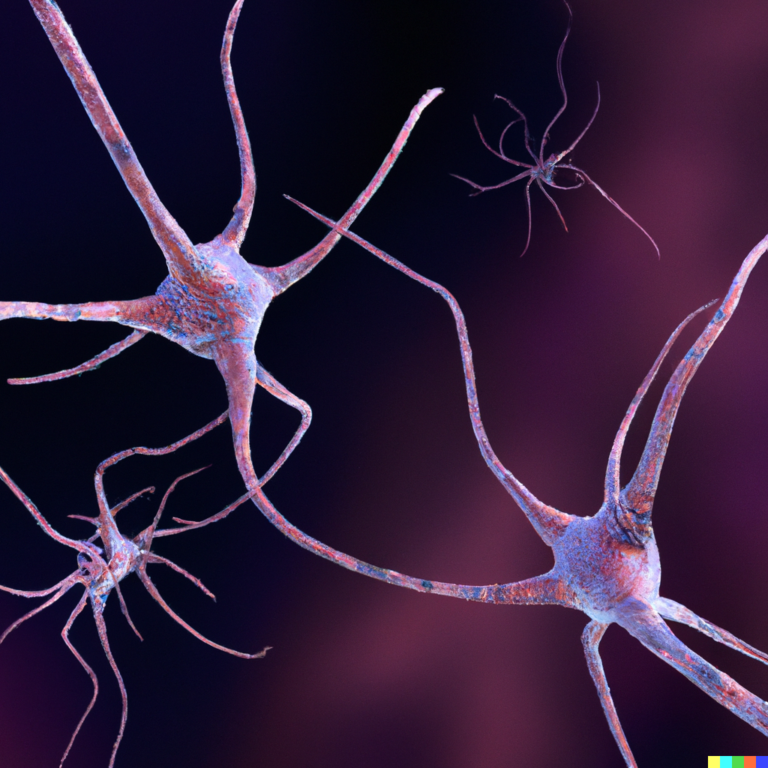Caregivers supporting loved ones during dementia cognitive training (CT) appointments need a wide range of practical, emotional, and informational support to navigate these often challenging experiences effectively. Dementia CT appointments are specialized sessions designed to assess cognitive function, monitor progression, and sometimes deliver cognitive training exercises aimed at slowing decline or improving daily functioning. For caregivers, these appointments can be overwhelming, emotionally taxing, and complex, requiring tailored support to ensure both the person with dementia and the caregiver benefit as much as possible.
First and foremost, caregivers need **clear, accessible information** before, during, and after CT appointments. This includes understanding the purpose of the appointment, what cognitive tests or exercises will be performed, and what the results might mean. Dementia and cognitive impairment can be confusing topics, so caregivers benefit from explanations in simple language, avoiding medical jargon. They also need guidance on how to prepare their loved one for the appointment to reduce anxiety and confusion, such as bringing familiar items, arriving early, or practicing calming techniques.
During the appointment, caregivers often act as advocates and facilitators. They need support in **communicating effectively with healthcare professionals**, ensuring their observations and concerns about the person’s cognitive and functional changes are heard. Caregivers may require coaching on what questions to ask, how to interpret feedback, and how to discuss sensitive topics like prognosis or treatment options. Emotional support is critical here, as hearing about cognitive decline or uncertain outcomes can be distressing.
Caregivers also need **emotional support and validation** throughout the process. The stress of managing dementia care, combined with the uncertainty of CT outcomes, can lead to feelings of isolation, anxiety, and burnout. Access to counseling, peer support groups, or helplines can provide a safe space to express fears, share experiences, and gain encouragement. Knowing they are not alone and that others face similar challenges can be profoundly reassuring.
Practical support is equally important. Caregivers often juggle multiple responsibilities and may struggle with transportation, scheduling, or managing the logistics of appointments. Assistance with these tasks, such as reminders, transportation services, or flexible scheduling options, can reduce the burden. Additionally, caregivers benefit from training or resources on how to support cognitive exercises at home, reinforcing what is done during CT sessions to maximize benefits.
Understanding the **progression of dementia and what to expect** at each stage helps caregivers plan and adapt care strategies. Educational resources that explain how cognitive abilities may change, how behaviors might be communication of unmet needs, and how to create a supportive environment empower caregivers to respond with patience and empathy. Techniques like simplifying language, offering choices, and focusing on comfort rather than correction can ease stressful moments during and after appointments.
Caregivers also need help in **navigating the healthcare system** and connecting with community resources. This includes referrals to memory care programs, respite care, counseling services, and support groups tailored to dementia caregivers. Access to free or low-cost resources can alleviate financial strain and provide ongoing assistance beyond the appointment itself.
Finally, caregivers benefit from encouragement to **accept help and build a support network**. Dementia care is a long journey, and trying to manage it alone can lead to burnout. Learning to say yes when others offer assistance, whether from family, friends, or professional services, can transform the caregiving experience and improve outcomes for both the caregiver and the person with dementia.
In essence, caregivers need a holistic support system during dementia CT appointments that addresses their informational needs, emotional well-being, practical challenges, and connection to broader resources. This comprehensive support enables them to advocate effectively, manage stress, and provide compassionate care throughout the dementia journey.





